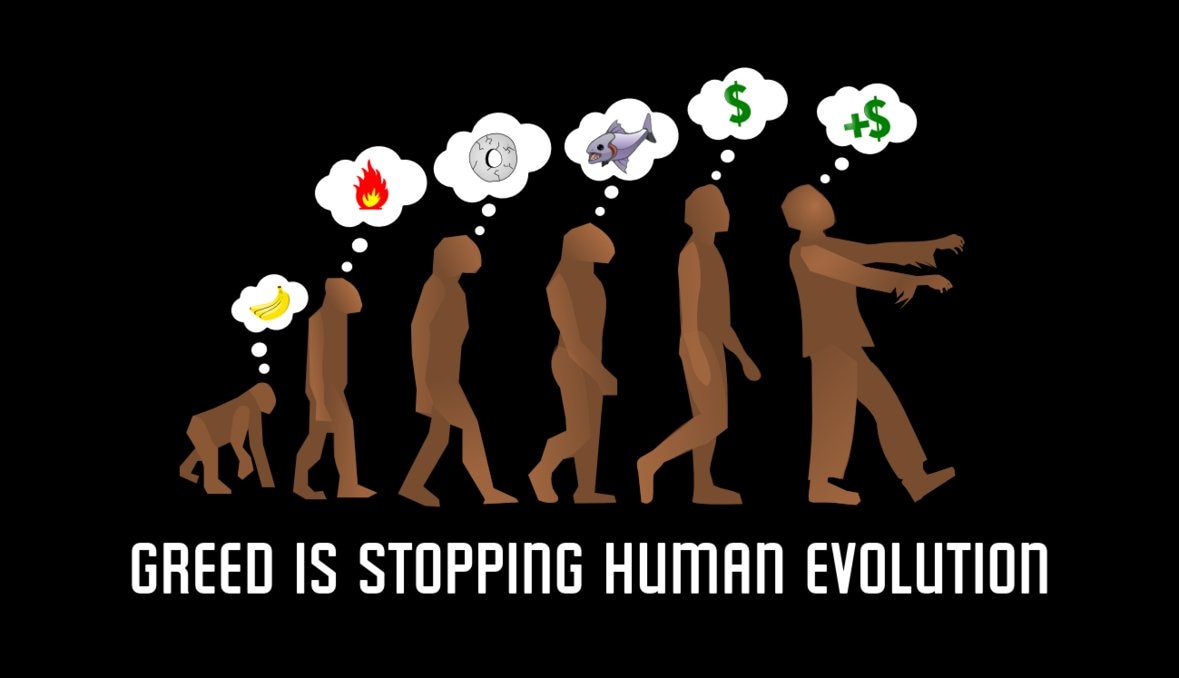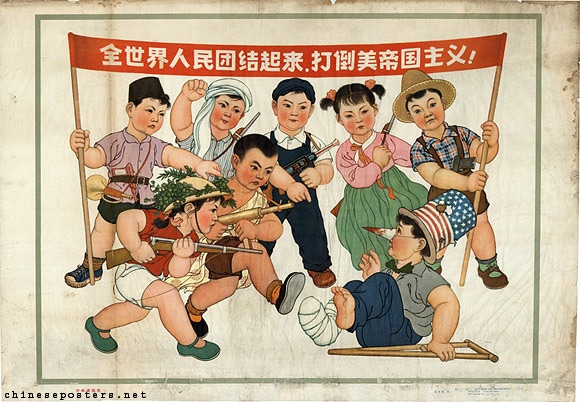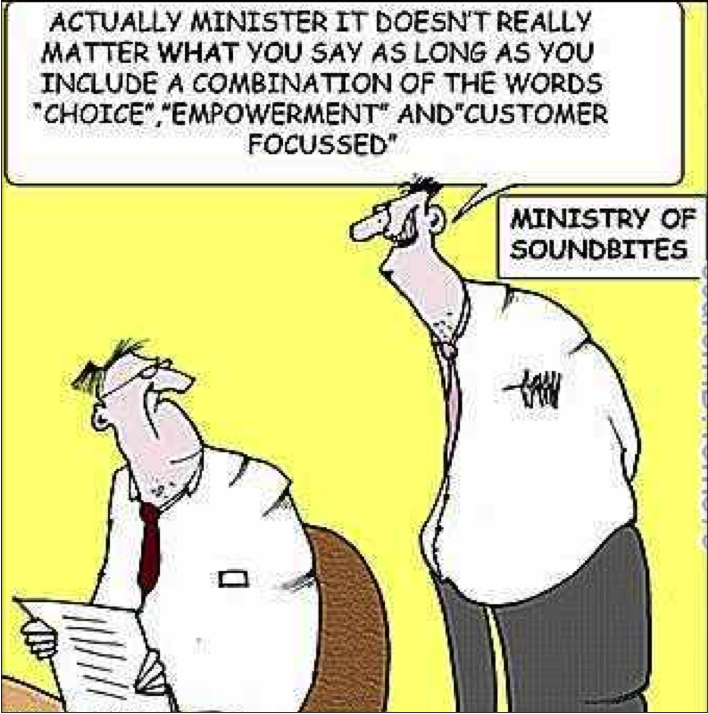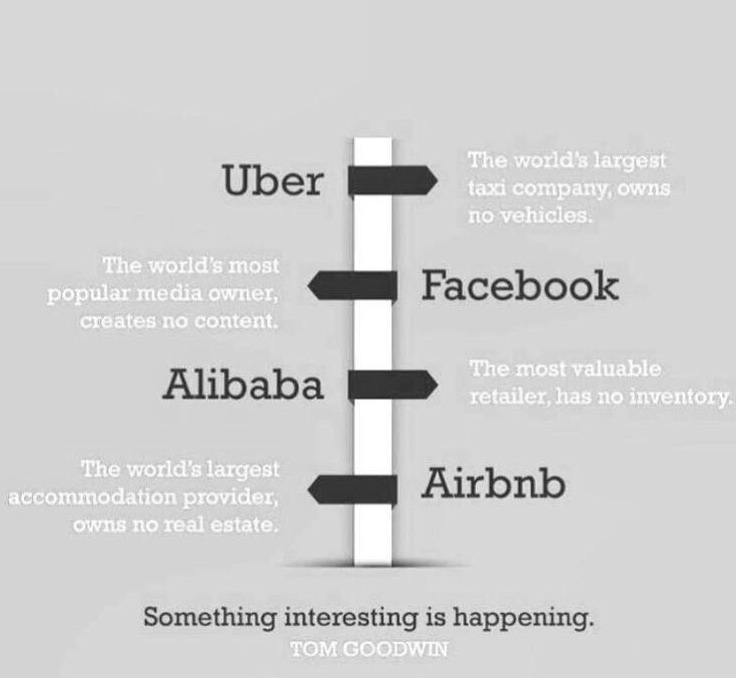Analyzing a Talk by Jane Sun, CEO of Ctrip, the World’s Largest Online Travel Agency.
| ctrip_and_corporate_responsibility_in_21st_century_travel_industry.pdf |
About 50 people wait for lunch in one of Azul’s separated dining rooms on 376 Wukang Rd, which was known during colonial times as Ferguson Lane. The large number of participants indicates that this is a special event. Jane Sun, CEO of Ctrip | 携程, the world’s largest online travel agency, which can be rightly dubbed the Taobao of the travel industry, is scheduled to speak about Key Trends in China’s Travel Industry. As she takes over the mic from the SFCC moderator, we are presented with a Chinese Melania Trump, a face as young as a spring peach, elegant but substantial make up, only a wrinkled neck giving away her real age, which I guess is around 50.
Jane is dressed completely in white and we will learn that she trains her slim body on various city marathons, annually on Shanghai’s – a great choice to extend one’s life span. And a long breath is what this woman needed to become Ctrip’s first CEO, who is not member of the founding Quattro, and female on top of this. Jane tells us that she was born in China, but studied and lived in the US for twenty years and loves both countries. I continue to be cynical, because I have heard it not only once: the worst things grow out of US capitalism and Chinese totalitarianism.
The currently most valuable online travel agency has an army of 33.000 employees with an average age below 25. Its market value was USD 300 mio at its IPO in the year 2000 and exceeds now USD 30 billion. Each of its five business units have their own CEO and CFO and are evaluated like the entire enterprise at Wall Street according to tough KPIs, driving innovation and motivating its work force to perform in permanent excellence. I think I know those lines form Rushkoff’s Throwing Rocks at the Google Bus. Jane tells us that only booking.com and expedia are larger travel industry players, but limit their services to accommodation and air tickets respectively. Ctrip though goes for everything and offers 30 different products with the objective of being a travel one stop shop for its customers. What a paradox …
65% of the domestic online travel market are already under Ctrip’s control and currently roughly 25% of its revenue comes from Chinese travelers going abroad, compared to zero when Jane joined the company ten years ago. 8000 software engineers and Ctrip’s alliance with its largest shareholder Baidu secure that these market shares will increase until monopoly status is attained. Ctrip is on a safe path to indeed turn into the Taobao of the global travel industry. Now why is that? Because of a great management or macro economic frame conditions or both?
Jane is a woman who appears to be friendly, but I am left with a feeling that I don't want to get into a conflict with her; although writing this piece might actually get me there. She is a tough bitch, a tiger mum who explains us that her business units are tiger babies. If it was her focusing on Ctrip’s operations for ten years before she was promoted to serve as CEO, one can assume that the company’s management follows Confucian style army drill and US capitalist employee extortion strategies. She tells us e.g. that employees are not allowed to answer customers with 15 words if 10 words are sufficient, because … now listen closely … our customer’s time is precious to us … and of course we also have to control our operation costs. Imagine yourself how much time employees are given to take a dump. That’s probably why Jane’s talk emphasizes that Ctrip’s employees who mostly hail from the relatively poor provinces of Anhui and Henan receive a lot of social benefits.
Jane’s focus on marketing Ctrip to the audience as an outstandingly social employer and travel giant driven by world peace causes her to forget the event title. Since she mentions not even with a single word key trends of the Chinese travel industry, the first question from the audience during the Q&A section asks exactly this. We are being told that Chinese travel now increasingly abroad to South Korea, Japan and South East Asia. Travels to Europe have declined in favor of the US due to recent terrorist attacks. Well, I knew that much. She then ignores the second – smart - question, if the domestic political situation plays into the hands of the travel industry by jumping into her obvious favorite subject: high end sales.
Now, I don't want to be cynical all along, but you know, when a lady in her early 50s speaks to you nicely but stiffly about her company’s mission and explains to you on a few simple powerpoint slides “What does the world need?” and then gives you in her sweet voice the answer “World peace” and continues “What do we feel passionate about?” and again provides the answer “Bringing people together”, then asks “What are we good at?” while the next answer cascades onto the screen “Linking the world” and finally ends her messianic sermon with the claim that Ctrip’s mission is to bridge the East and the West, I get goose bumps when her body language and facial expression changes significantly when she starts to brag about Ctrip customers spending USD 2k minimum per day on their Hawaii trips and limited edition USD 200k travel packages being sold within only 70 seconds. Her eyes shine. From the far other end of the room I have the impression both the white of her teeth and the red of her lips grows infinitely while she smiles excitedly. Ah… that’s what this deer is about.
Let’s be realistic. Ctrip rides the macro economic wave of a nation not only having become rich enough to turn into a consumer society, but also rich enough to take time off and travel. And its not any nation, it's the world’s most numerous nation which is in PPP the world’s largest economy. It is also a nation which is run by a government which does not allow international competition and has more or less banned foreign travel agencies from its market. Hence, Ctrip enjoys like it’s largest shareholder Baidu political protection to grow without international competition into a colossus, a colossus which thrives on the psychology of travel as a compensation behavior for limited domestic freedom; a colossus which thrives on modern slavery to develop its products; a colossus which knows everything about his customers.
All of the above is part of what state controlled capitalism facilitates and although I would wish for different conditions it is the following thought which worries me more. The American culture critic Neil Postman wrote in 1985 a book titled Amusing Ourselves to Death: Public Discourse in the Age of Show Business and claimed that the contemporary world was better reflected by Aldous Huxley's Brave New World, whose public was oppressed by their addiction to amusement, than by Orwell's work 1984, where they were oppressed by state control.
Jane Sun tells us that travelling helps people to understand each other better. And she is absolutely right about that. Chinese are most likely as a society - there are surely many individual exception - where the US was as a society about a 100 years ago, when Mark Twain wrote: Travel is fatal to prejudice, bigotry, and narrow-mindedness, and many of our people need it sorely on these accounts. Broad, wholesome, charitable views of men and things cannot be acquired by vegetating in one little corner of the earth all one's lifetime. So maybe Jane is right when she quotes a Chinese proverb: It's better to travel 10000 miles than to 10000 books.
I have looked up that proverb and found that 读万卷书,行万里路 literally translated means Read 10000 books and walk 10000 miles and could be loosely translated to Learn as much as you can and go as far as possible. It’s a reminder to strive for more, not a preference for travel over reading, which would constitute a heresy in Confucian China. I interpret moreover a preference for the truly investigative and contemplative journey over blind group pressured travel packages. But Jane’s new use reflects where the modern Chinese society is heading to: the same consumerist amusement addiction of which Western societies suffer since a few decades, but combined with Orwellian cyber-Leninism.
Jane’s presentation in general, but her subtle twist of the original meaning of that Chinese proverb in particular raises the question which responsibility such powerful conglomerations like Ctrip have in our modern world. She tells us that Ctrip tracks every move of its customers and recommends according to prior purchase behavior similar and additional products accordingly. With Baidu as its largest shareholder I am pretty sure that Ctrip runs similar algorithms like Facebook or Google which have been recently in a brilliant Guardian article revealed to be absolutely misguiding and quite often devilishly leading to an utterly wrong decision whether that may be a political opinion or a purchase click. When I point this out, Jane replies that she recognizes this risk, but Ctrip does not deal with such delicate political questions, it sells only beautiful places and historical sites. Again a broad innocent smile with much tooth white and inflated lip red.
Guardian journalist Carole Cadwalladr pointed out that Google’s search algorithms reflect virtually nothing but the popularity of websites based on the number of search inquiry. There is nothing that checks whether any of the recommendations are actually true or good or beautiful or have any other value. Google is search. It's the verb, to Google. Its what we all do, all the time, whenever we want to know anything. We google it. Its mission as a company, the one-line overview that has informed the company since its foundation and is still the banner headline on its corporate website today, is to ‘organize the world’s information and make it universally accessible and useful’. Well, whatever Baidu has as its mission, the organization of information or world peace, it does the same as Google; it is as a matter of fact a modelled after Google.
Cadwalladr points out that not only Google, but also Facebook and, indeed, the general Internet culture itself operates like an echo chamber which satiates our appetite for pleasant lies and reassuring falsehoods and has become the defining challenge of the 21st century. Jews are evil. Woman are evil. Muslims need to be eradicated. And Hitler? Let’s google it. Was Hitler bad? Cadwalladr types. Google’s top result: 10 reasons why Hitler was one of the good guys. She clicks on the link: He never wanted to kill any Jews.
Wolfgang Uchatius published 2013 shortly before the German national elections a long essay in the weekly Die Zeit titled Should I Vote or Shop? He describes therein that the opinions of German political parties on major social, economic and political questions clearly converge with only the far left being a genuine alternative to the moderate social democrats, Christian conservatives, liberals and greens. He concludes that German citizens have lost their democratic rights to this indiscernibility of political movements and are left with making purchase decisions. I read a similar analysis on political opinions of democrat and republican contenders for the 2016 US presidential elections, which concluded that only Bernie Sanders is a genuine alternative for the US electorate; all others represent roughly the same values and opinions. We also know that the most populous nation in the world, China, is ruled since 1949 by a one-party system, which de lege concentrates all political opinion in one organization only. Again, with some realistic cynicism, we could argue that we witness a convergence of global political systems, and consequently the collapse of individual political rights in Western democracies. In accordance with Wolfgang Uchatius’ analysis, we must conclude that citizenship is a dying singular concept, which gives rise to the plurality of customership. 21st century mankind is vested with the political powers of what and how to consume.
I therefore strongly believe that all the social movements which were born during the Age of Enlightenment like anti-slavery, women rights, political freedom et cetera have to give way to a single new movement, which is consumer empowerment, i.e. enabling the individual to make sound consumption decisions. I don't want to repeat here what others have already said perfectly well; read Steven Rosenbaum writing on a definition of consumer empowerment in Forbes. But I want to emphasize that this is a unique opportunity for mankind to put the differences of political systems aside and unite in the idea of forging a sound future through qualitatively better and most likely quantitatively less consumption.
When Marx called in the 19th century on the proletarians to unite against the capitalists he failed to recognize the dynamics of human psychology. Marxism got perverted by man putting power over purpose. It might well be that a 21st century call on consumers to unite against manufacturers of goods and providers of services fails because of the same dynamics which are innate to man’s psyche; but considering that we have truly entered a global arena, at least in terms of trade, the game board has changed significantly and the power of national regimes are limited beyond recognition. Henceforth the 19th century antagonists of the proletarian movement have shifted from an alliance between capitalists and nationalist regimes to a more or less clearly defined number of conglomerations which manufacture and distribute the goods and services which we consume.
The consumer is therefore left with two choices which do not exclude each other. Firstly, he can reduce his external consumption and shift towards internal consumption, i.e. produce as much as possible himself and trade within small local communities. This concept, I believe, does only work for self-sustainable farming, but wont satisfy human needs beyond nutrition. Secondly, he needs to learn more about the true costs of products purchased externally. Since, I rarely think either black or white, it is very likely that we have to take both choices simultaneously: Reduce consumption and empower the consumer. I focus here on the latter.
So what needs to be done to empower the consumer? How can a single person make sense of the myriads of products available on the market? The key words here are transparency, accountability and social responsibility, and all three of them, I believe are questions of ethical behavior which can hardly be executed or enforced by legal mechanisms, but must be trained through a culture of genuine empathy. 1. The true costs of products and services being offered must be made transparent. 2. Manufacturers and service providers must be accountable. 3. Consumers, manufacturers and service providers must act socially responsible.
Now, this thought brings me back to Jane Sun and her pep talk on China’s most social employer Ctrip. I asked her yet another question in regard to Ctrip’s actions to obtain world peace by reducing environmental pollution. She acknowledged again the relevance of my question, and – seriously – responded that Ctrip customers can donate their loyalty points to environment protection causes. I don't want to be too hard on rising Chinese MNO’s, because they basically go through an entrepreneurial life cycle which is comparable to the gold rush of American conglomerates after WWI. Chinese didn’t have more than a century to learn that not short term profit, but long term sustainability should be the desired business objective. And truth be told, most Western companies still haven’t. But it is the economic might and the velocity with which China rises, the protectionist isolation of its market, the support of its new global players by a cyberleninist government and the sheer scale of economy of all things happening within the domestic market which have much more effect on humanity at large than anything else we have ever seen, that makes it a paramount task to make Chinese leading entrepreneurs aware of their responsibility to be transparent, accountable and socially responsible.
Jane is well aware of such developments. Probably referring to the incident of a Chinese tourist vandalizing the most inner hall of the 3500 year old Egyptian temple in Luxor which went viral on weibo in 2013, or the Hong Kong uproar of comparing mainland Chinese tourist flocking to the citystate like a swarm of locusts. She explains that this is just the adolescent period of a young travel nation, “There were times when Americans were also considered annoying and preposterous tourists who have no respect for local culture and customs, but all this has changed and so it will for Chinese tourists once they have grown into mature travelers.” Jane is absolutely right, and it would be wrong to blame Chinese in general for a few individuals who misbehave. But since even Western consumers haven’t been given the tools to consume mindfully, it is – again considering the economy of scale and China’s rapid development – paramount to start with consumer education asap.
Ctrip: the world’s largest travel agency employs no tour guides.
There are surely lots of great ideas out there on how to reduce mindless consumption, but it takes a clear and genuine yes from power people like Jane Sun to implement such ideas. 21st century consumers can unite like 19th century proletarians, but it will be a long and painful path to induce real change, because human psychology has remained unchanged. If the CEO’s in today’s multinational megabusinesses continue to be corrupted by power and forget over this selfish attitude their responsibility to act on behalf of the greater good, then I believe there is little hope for radical change. It is Google, Facebook, Tencent, Baidu, Taobao & Co., the tech giants which control the flow of bits and bytes and the large retailers like German Aldi, Japanese Lawson or US Walmart, which control the flow of goods, which have to change from channeling to consumers economically profitable information and products - and thus most often outspoken madness; to channel knowledge – and truth - which increases individual and general well-being. Jane’s pointing at a deer and calling it a horse during that SFCC lunch was a sad display of being deeply enthralled in the former.
Follow up reading:
- Daniel Goleman: A Mindful Consumer Can Help Change the World in The Mindfulness Revolution
- Good Guide: an iPhone app started by an independent group at the University of California-Berkeley which aggregates 200 databases and compares 60.000-plus consumer items.





